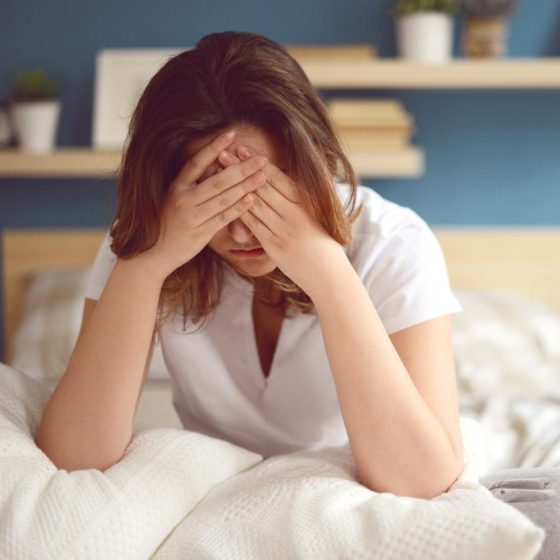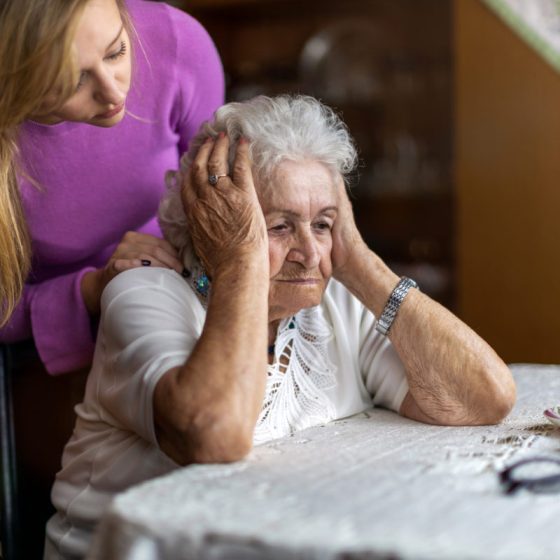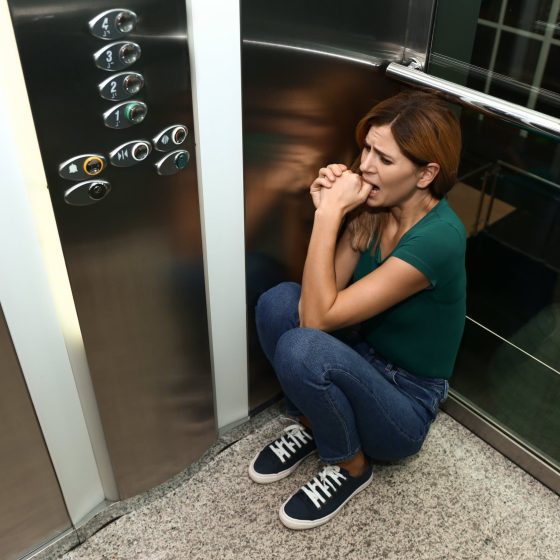Acute stress reaction
Introduction An acute stress reaction refers to intense, or prolonged, mental or psychological distress that can develop after exposure, or in response, to a stressful event. Many people who experience a traumatic event will struggle with negative emotions, thoughts, and memories of the event. In the first month following the traumatic event, they may experience an acute stress reaction, symptoms of which include: Intrusion symptoms: reexperiencing the traumatic event (memories, flashbacks, nightmares). Negative mood: inability to experience positive emotions, such as happiness. Dissociative symptoms: an altered sense of one’s surroundings or oneself, difficulty remembering the trauma. Avoidance symptoms: avoidance of




